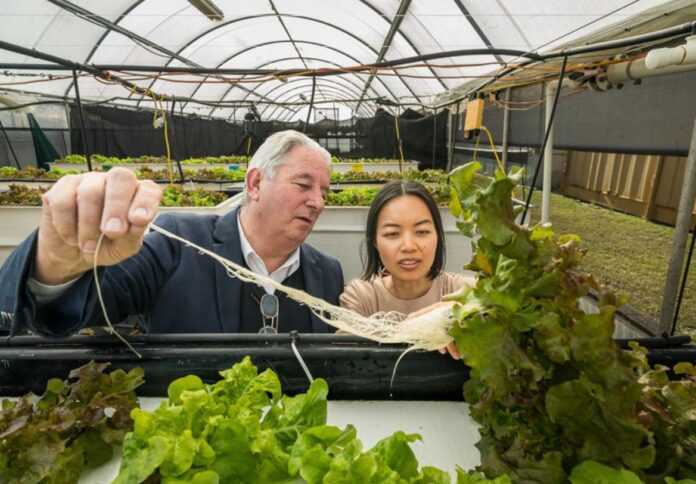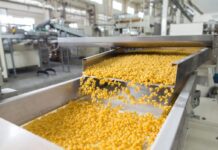
In a significant development for sustainability, Food Recycle, an Australian innovator, has received validation for its technology from the Commonwealth Scientific and Industrial Research Organisation (CSIRO).
The validation comes through a Jade Perch and aquaponics trial, underscoring Food Recycle’s commitment to turning commercial food waste into effective animal feed, the startup said in a news release.
Food Recycle is currently raising funds through a crowdfunding campaign on Swarmer, aiming to commercialise its circular economy technology and expand its operations in Australia and New Zealand.
The company emphasises that the evidence-based research conducted by CSIRO is crucial for optimising its sustainability and food security outcomes.
“Food Recycle’s patented process delivers on sustainability, circular economy, and food security outcomes for the global community, so it’s vital that our processes are scientifically validated to achieve the outcomes they are designed for,” said Norm Boyle, CEO of Food Recycle.
The Jade Perch and aquaponics trial adds to a series of successful evaluations of Food Recycle’s technology.
Previous trials, conducted in collaboration with CSIRO, Western Sydney University (WSU), and the University of New England (UNE), demonstrated positive results when using Food Recycle’s food waste diet for layer hens, prawns, and barramundi.
The trial, led by Dr Ha Truong, CSIRO’s Agriculture and Food Business Researcher, took place at the CSIRO research facility on Bribie Island, Queensland.
The study focused on whether a diet derived from food waste could benefit the growth of Jade Perch and the cultivation of leafy greens through aquaponics.
“We wanted to determine if using more sustainable and local ingredients would be beneficial for the growth of the fish and plants,” Dr Truong explained.
“The results of the trial confirmed the technical viability, and showed that upcycling waste produced high quality foods for the future.”
Food Recycle’s technology aligns with its mission to address global food waste, with an estimated 30 kilograms of food wasted for every 100 kilograms produced, according to sources including the Australian Government’s Department of Climate Change, Energy, the Environment, and Water.
The company’s process can convert 30 kilograms of food waste into 15 kilograms of aquaculture feed. This feed results in 10 kilograms of Jade Perch and, through aquaponics, 80 kilograms of leafy greens.
“This Aussie fish can be farmed around the world. Instead of 30kg of food waste going to landfill, 10kg of fish and 80kg of leafy greens goes back to supermarket shelves – that’s what Food Recycle is all about,” added Boyle.



















